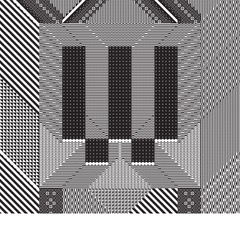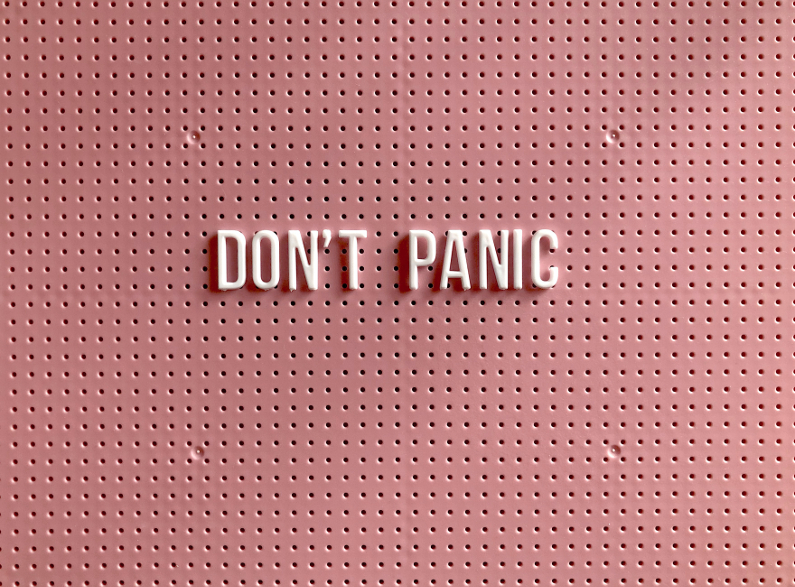Should we all be wearing masks?
Well, should we all be wearing masks or not?
The question of should we all be wearing masks has been argued since the beginning of the coronavirus in January 2020.
“So you get people who say, well, it’s not going to work. But you try having three big, huge football players who are rushing for lunch through a door at lunchtime—they’re not going to get through. In the latest data I saw, the mask provided 5x protection. That’s really good. But we have to keep the hospitals going and we have to keep the health professionals able to come to work and be safe. So masks should go where they’re needed the most: in taking care of patients.”
Source: Epidemiologist Larry Brilliant, Wired magazine 19 March 2020
Masks really are an important tool for fighting the coronavirus
The N95 mask is a particulate-filtering facepiece respirator that filters at least 95% of airborne particles.
Source: Wikipedia
“The N95 mask itself is extremely wonderful. The pores in the mask are three microns wide. The virus is one micron wide. The mask pores are 0.3 microns wide; the virus is 0.12 microns.
“So you get people who say, well, it’s not going to work. But you try having three big, huge football players who are rushing for lunch through a door at lunchtime—they’re not going to get through. In the latest data I saw, the mask provided 5x protection. That’s really good. But we have to keep the hospitals going and we have to keep the health professionals able to come to work and be safe. So masks should go where they’re needed the most: in taking care of patients.”
Source: Epidemiologist Larry Brilliant, Wired magazine 19 March 2020
So where are we in the uk?
Well as of May 12 2020, the UK Government recommends homemade face coverings in shops, on public transport and in enclosed public spaces.This is what Boris has to say in story from the Guardian titled ‘What is Boris Johnson’s advice on coronavirus and masks?’.
And here’s a Nurse in the USA that didn’t just create her own replacement N95 mask—hers works better >>
So if you now feel really inspired to have a go yourself, here are some useful links on how you too can make a face mask:
From the BBC > Coronavirus: How to make your own face mask
Form the Sun > How to make a coronavirus face mask – all you need is an old T-shirt
From Good Housekeeping > How to Make Face Masks for Yourself and Hospitals During the Coronavirus Shortage
The Scotsman > How to make a face mask: ideas for creating your own face coverings at home – and where you can buy them online
From the Guardian > How to make a non-medical coronavirus face mask – no sewing required
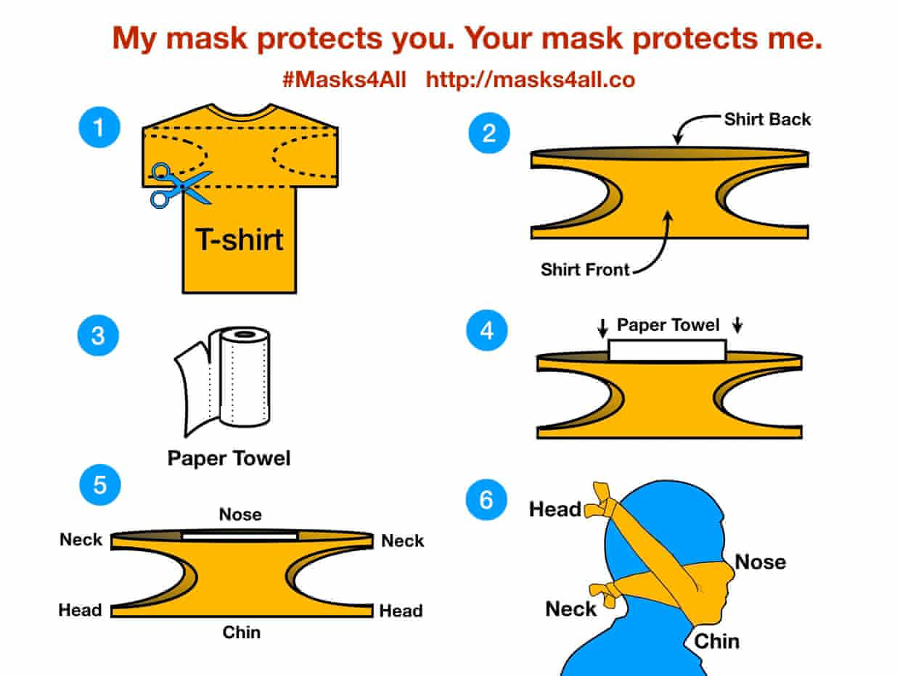
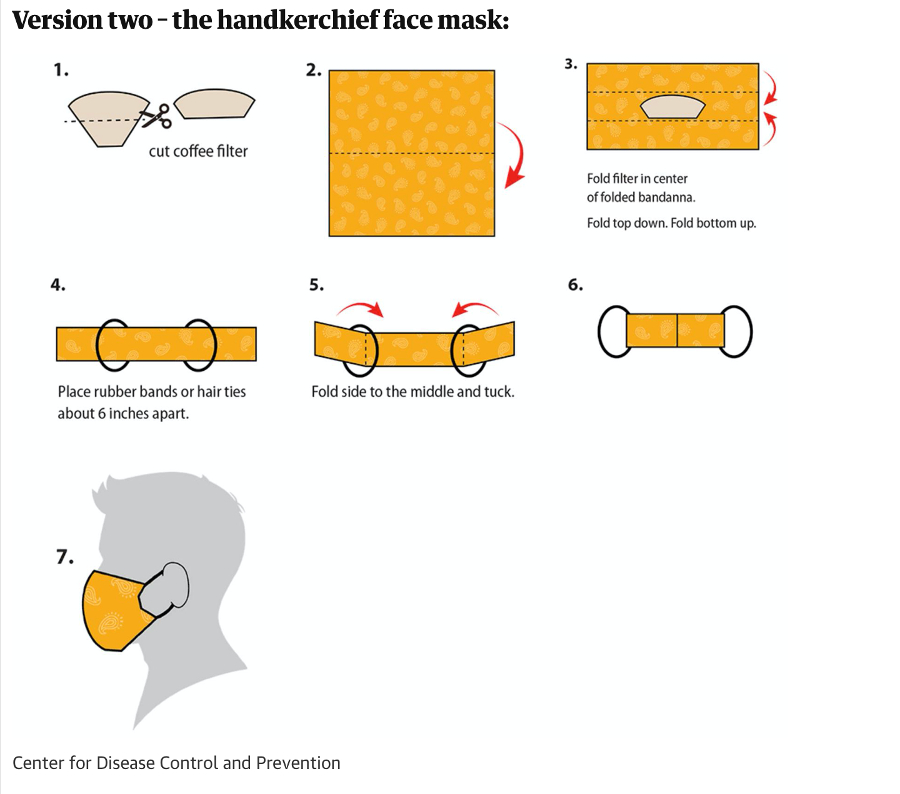
Face masks could be a better defence against Covid-19 than hand washing The Telegraph – 12 June 2020 >
From costume designer to face mask designer. A story of how one person decided they needed to help during the pandemic. By Petra Storrs >
Relieving anxiety during the pandemic
We can’t control outcomes
We all know that often, we cannot always control outcomes. Worrying about them is almost pointless, even though nearly all of us find it hard not to at times like these. Worrying causes us to speculate about future (probably pessimistic or even dystopic) scenarios and possible outcomes that more than likely unlikely will not come to fruition.
This wasted energy creates a personal environment full of anxiety and creates the hormone Cortisol, which can be damaging to our health. As Brandon Mentore, health coach, says, “Although cortisol can actually help maintain the immune system when released in small doses (or help us keep our wits about us when we really are in danger), it can also hinder the body’s ability to fight off disease, when elevated for long periods of time.
“That’s why those who suffer from chronic stress are more prone to age-related diseases, like heart disease, obesity, osteoporosis, depression and high blood pressure.”
We all know that none of us can control toilet paper or pasta hoarding, or what’s being said on the news, or even how long Covid-19 pandemic might last. However, we can control our own actions.
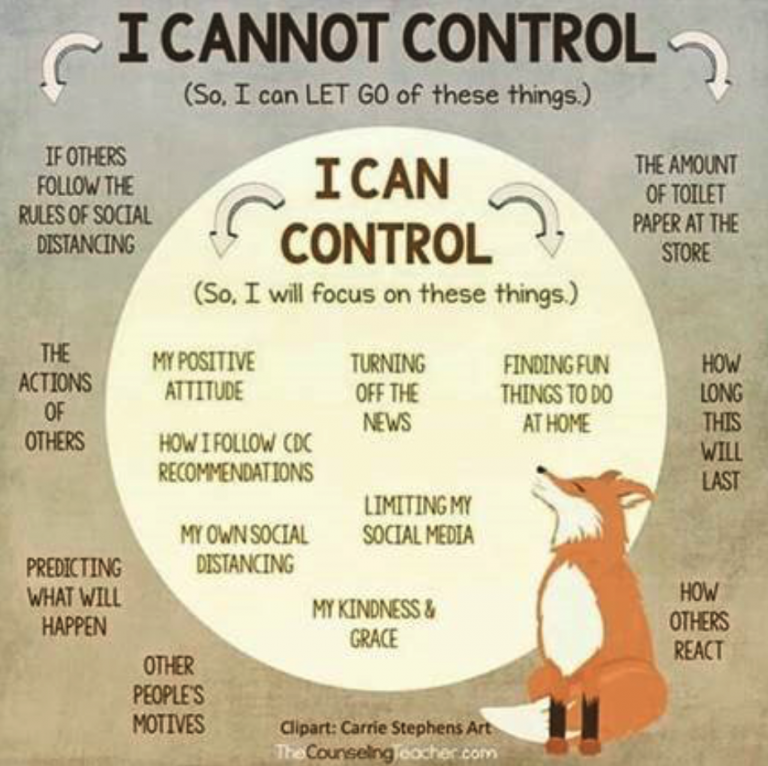
How to cope with alarmists
Living in a chaotic time, we cannot control how others will react to this new landscape we find ourselves in. But we can take control of our own attitudes. Tuning out the alarmists, the negative, anxiety-inducing news, the conspiracy theorists, helps us continue to live peacefully, even when amongst the chaos.
To relieve anxiety, we need to focus on what we can control
Instead of fretting over the newest fear-packed headlines, could you try one of the following? In doing any of them, you will have taken control of your decisions.
- turn off the TV
- disconnect from social media
- make yourself a hot drink
- phone a lonely friend
- listen to some favourite upbeat music
- making something or gardening
- do a breathing exercise
- create a list all the reasons you have to be thankful
- take a long soak in a bath
- go for your daily exercise
Please share your own ideas for staying in control when things around you are out of control.


